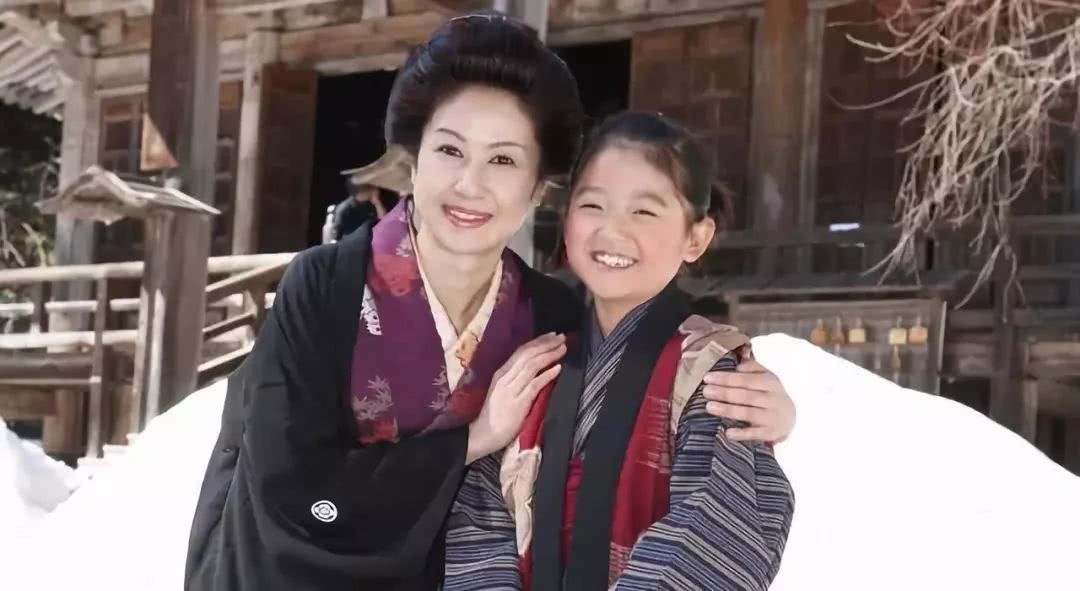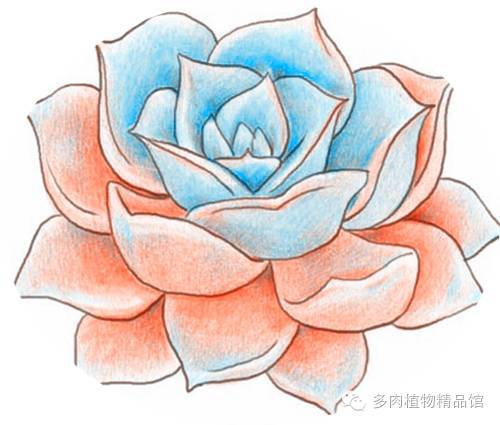Yaohan went bankrupt

DaDa / tr. by Phil Newell)
Ashin, the protagonist of the Japanese TV series "Ashin", wrote the legend of Yaohan with his tenacity, and the power of capital made Yaohan a retail giant. However, excessive debt sows the seeds of destruction. Today, what the editor wants to popularize science for everyone is the collapse of Yaohan.
Shanghai Pudong New area is one of the most dynamic areas in China's economy. At the confluence of South Pudong Road and Zhang Yang Road, stands a large commercial building, Shanghai's first Yaohan partner. It is the first large-scale Sino-foreign joint venture commercial retail enterprise in China, and its foreign shareholder was once Yaohan International Group of Japan. On December 20, 1995, the first Yaohan went into trial operation. A total of 1.07 million consumers came to visit and shop on that day, setting a new Guinness World record. At this time, few people know that Yaohan International Group, which is as far away as Japan, is mired in a debt crisis.
The Japanese TV series Ashin, which was introduced into China in the 1980s, once caused a sensation. Ah Xin's diligence, perseverance and intelligence moved countless people. The prototype of A Xin in the TV series is the founder of Yaohan partner-Wada Jiazin, but what really makes Yaohan partner grow up is her eldest son Wada Kazuo.
(stills of the TV series "Ashin")
In 1962, Wada Kazuo returned from studying abroad and took over Yaohan from his parents. At this time, Japan's economy has entered a stage of rapid growth, and the urbanization of the economy has driven the rapid expansion of the retail industry. Wada Kazuo transformed Yaohan from a small mom-and-pop store into a commercial retail chain. In 1986, Yaohan was successfully listed on the Tokyo Stock Exchange. At this time, at a time when Japan's bubble economy is expanding, the stock market and property market are heating up substantially. Wada Kazuo keenly seized the opportunity to emerge as a new force in Japan's retail industry through a business model of debt expansion. Wada Kazuo believes that the bank lending efficiency is low and the interest rate is high, so he needs to get rid of the bank, choose a shortcut and use it as a listed company to issue convertible corporate bonds.
Convertible corporate bonds, that is, bondholders can convert bonds into corporate stocks at a pre-agreed price when they mature. If the company's share price is higher than the agreed price during the conversion period, creditors are certainly willing to swap bonds for stocks, so that the company's debt becomes stocks that do not have to be returned, and the financial burden is greatly reduced. With the prosperity of the Japanese stock market, Yaohan easily issued 60 billion yen of convertible corporate bonds. The business model of debt expansion made Yaohan successful in the Japanese market and Wada Kazuo began to rush out of Japan to Asia and fully implement its Asian strategy.
(above, Wada Kazuo)
In May 1990, Wada Kazuo moved the headquarters of Yaohan International Group to Hong Kong. In a short period of one and a half years, Yaohan opened five branches in Hong Kong. In early 1992, Wada Kazuo planned to open his sixth branch in Hong Kong. Before Yaohan opened stores, they all rented storefronts. At this time, due to the sharp appreciation of the yen, the Japanese competed to buy overseas assets, so Wada Kazuo decided to invest in his own storefront this time. Wada Kazuo bought the first real estate of Yaohan, Hong Kong Scenic Plaza, for an one-time investment of 1.3 billion Hong Kong dollars. Huijing Plaza is the first branch of Yaohan to open with its own property. However, at this time, the Japanese economy has been booming and declining, the stock market has collapsed, house prices have plummeted, and the purchasing power of residents has plummeted. While Wada Kazuo expanded against the trend and took risks, not only failed to shrink the front in time, but also expanded massively overseas. Wada Kazuo tried to use the development of overseas business to make up for the contraction of the domestic market, and he went further and further on the road of debt expansion.
Unfortunately, due to the collapse of the Japanese stock market, the share price of Yaohan fell sharply when the bonds matured, when no one was willing to convert the bonds into stocks, but asked Yaohan to pay back the money when it matured. As a result, Yaohan was burdened with a heavy burden of paying up to 10 billion yen in debt every year, and it never rains but it pours. In the fiscal year of 1995, Yaohan International Group suffered its first operating loss. In order to save the crisis, Yaohan has been forced to cash in and repay its debts from the early purchase of real estate since 1994. Although there is a huge profit from the sale of each asset, the money is still beyond its means to repay the debt. In the end, all the salable assets of Yaohan were sold out and were still insolvent. On September 18, 1997, the Shizuoka Prefecture District Court of Japan declared Yaohan bankruptcy, involving a total amount of 161.3 billion yen. This is the largest bankruptcy case of Japan's circulation industry after the war and caused a sensation in Japan.
At that time and now, the story of Yaohan is just a small episode in the capital market. The rise and fall of Yaohan was accompanied by the rise and bursting of Japan's economic bubble. Capital can enhance the competitiveness of enterprises, but it can not change the defects of human nature. Any successful experience in the capital market may bury the factor of failure.
Today, the science popularization of the editor ends here. I'll see you next time.
- Prev

You have to save the meat from watering too much.
Curator for succulent plants, water is an essential survival factor. We can often see some articles on the Internet, always saying, no matter when you water too much, you can water more in summer.
- Next

The fruit is balloon seeds with heart-shaped hats and flowers and leaves have something special.
Last time, it was mentioned that the sepals of wild watermelon seedlings gathered again in the fruit and became a "lantern" with purple and black stripes. Not long ago, I saw the falling bell, and the fruit was like a lantern. [inverted bell Cardiospermum halicaca...
Related
- Wuhan Hospital Iron Tree Blooming Result Was Instantly Frightened by the Gardener Master
- Which variety of camellia is the most fragrant and best? Which one do you like best?
- What is the small blue coat, the breeding methods and matters needing attention of the succulent plant
- Dormancy time and maintenance management of succulent plants during dormancy
- Minas succulent how to raise, Minas succulent plant pictures
- What are the varieties of winter succulent plants
- How to raise succulent plants in twelve rolls? let's take a look at some experience of breeding twelve rolls.
- Attention should be paid to water control for succulent plants during dormant period (winter and summer)
- Watering experience of twelve rolls of succulent plants
- Techniques for fertilizing succulent plants. An article will let you know how to fertilize succulent plants.

